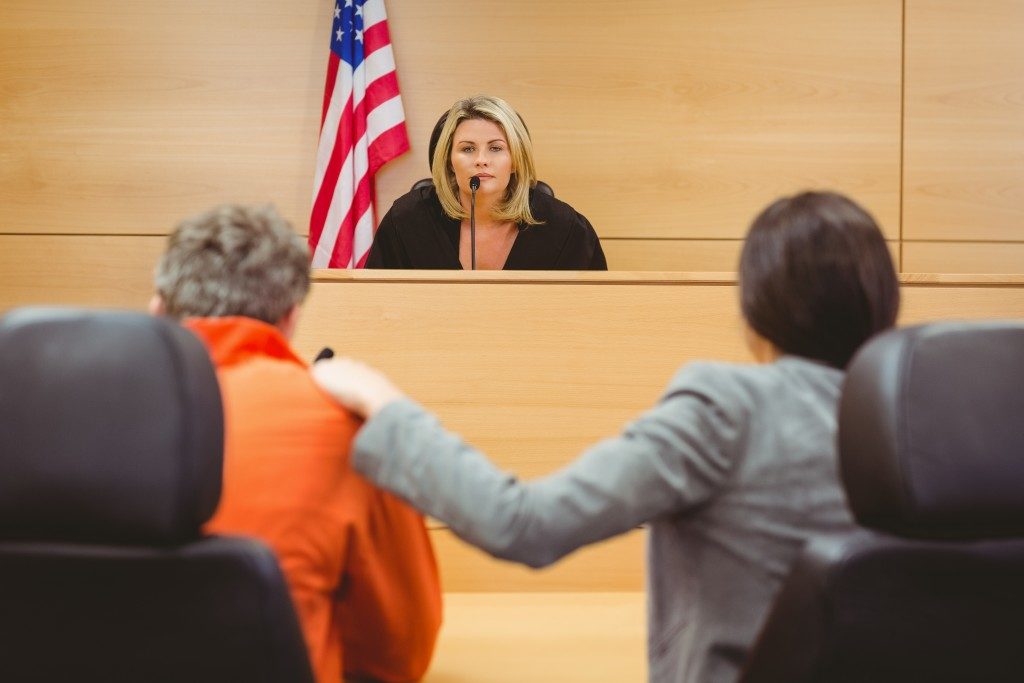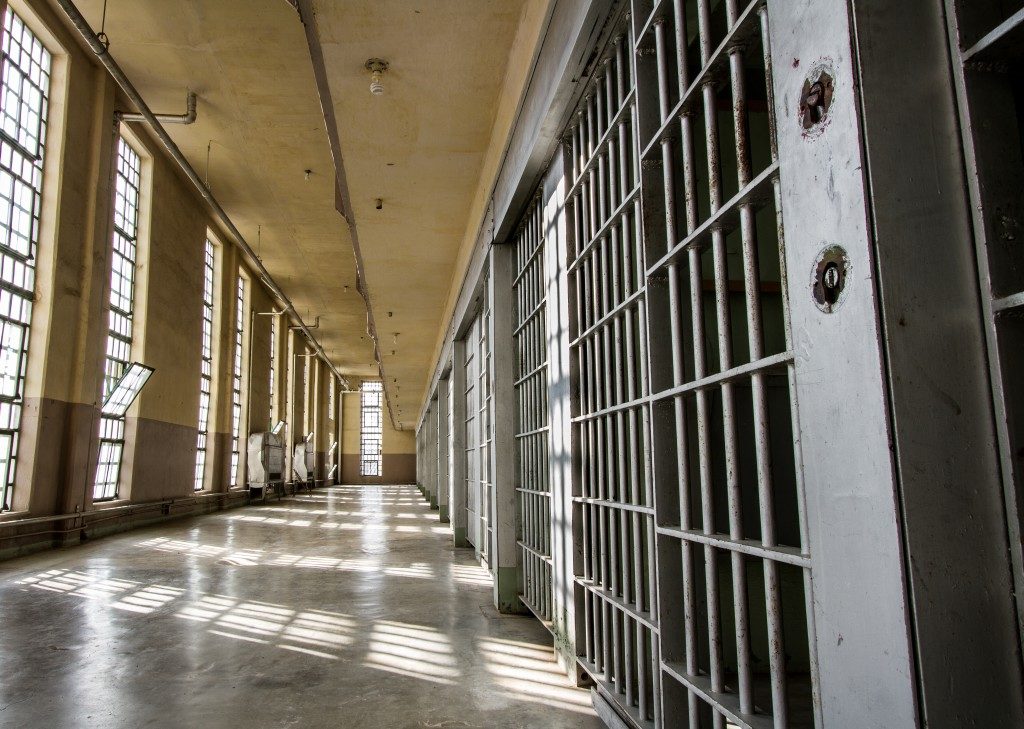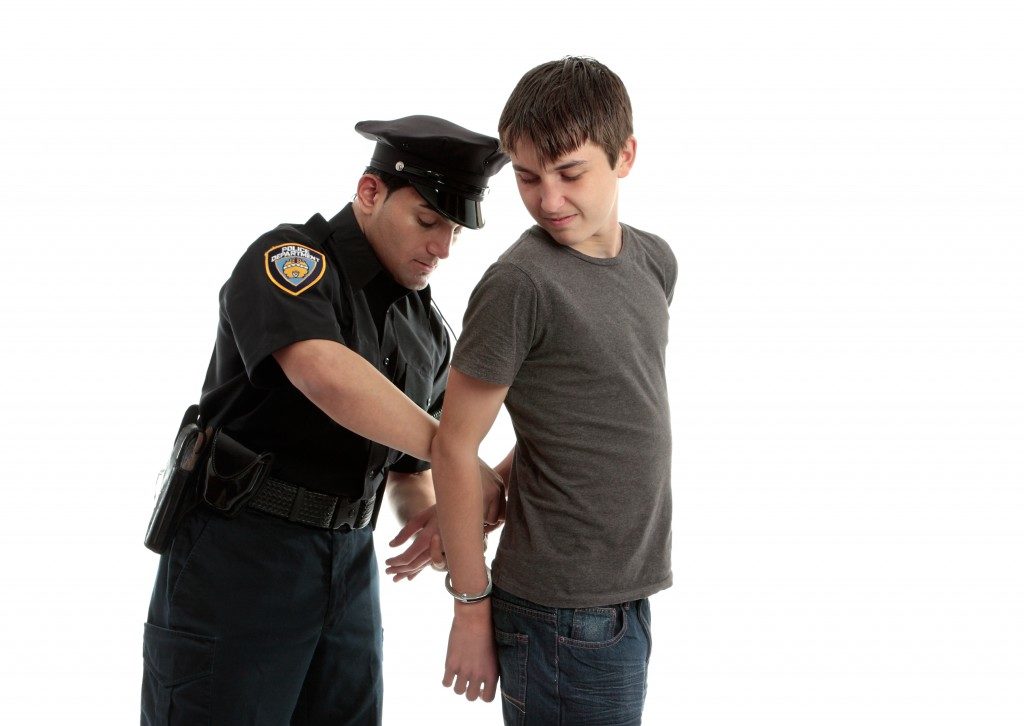- Thousands of people can be wrongfully incarcerated yearly due to wrongful convictions.
- False accusations, flawed forensic science, systemic racism, and inadequate legal representation can lead to wrongful imprisonment.
- Hiring the right lawyer and seeking professional representation is essential to ensure a fair trial.
- Filing an appeal is necessary if one believes they were wrongly convicted.
- Evidence is vital in overturning a wrongful conviction if mistakes were made during the initial investigation.
Injustice can happen when innocent people are put behind bars, not just in movies but in real life. While the criminal justice system in the United States is designed to ensure that the innocent remain free, sometimes things go wrong. There are many reasons why people can end up wrongly imprisoned, from poor evidence to unfair trials or inadequate defense. Here’s what you need to know about the wrongly jailed in the U.S., why, and how to avoid it.
The Wrongly Jailed in The U.S.
Thousands of people can be wrongfully incarcerated in the U.S. annually due to wrongful convictions. According to The Innocence Project, an organization dedicated to exonerating people who have been wrongly convicted of crimes they did not commit, there are over 3,000 documented exonerations since 1989. While that number may seem small compared to the millions of prisoners nationwide, it is a sobering reminder that mistakes happen in the criminal justice system.
Causes of Wrongful Incarceration
There are many reasons why people are wrongly jailed. Here are some of them:
False Accusations
One of the primary reasons for wrongful imprisonment is false accusations. Individuals are often falsely accused of a crime they did not commit simply because someone lied about them. This can happen because of personal vendettas or mistaken identities. Some false accusations also happen due to poor police practices, such as using unreliable witnesses, pressure tactics, or coercion to secure a conviction. In many cases, a false accusation can lead to a wrongful conviction, ruining the life of the person affected.
Flawed Forensic Science
The use of flawed forensic science can also cause wrongful imprisonment. Years of scientific research have shown that forensic evidence is less reliable or infallible than once believed. Crime labs and other forensic experts can make mistakes in analyzing evidence or even falsify their results. Additionally, advances in scientific research have revealed new techniques for analyzing criminal evidence that calls into question earlier convictions.
Systemic Racism
Systemic racism is another major factor that leads to wrongful imprisonment. Persons of color are often stopped, detained, arrested, and even tortured more than their white counterparts. This leads to higher rates of wrongful imprisonment, even for minor offenses. Individuals who cannot afford a proper lawyer may also experience systemic racism resulting in less effective representation and a biased legal system.
Inadequate Legal Representation
Studies have shown that inadequate legal representation can also lead to wrongful imprisonment. People accused of serious crimes are constitutionally entitled to a lawyer, but many cannot afford one. Public defenders are often overworked and have minimal resources. They fail to investigate evidence thoroughly, provide a compelling defense, cross-examine witnesses effectively, or identify weaknesses in the prosecution’s case.
Courtroom Misconduct
In some cases, courtroom misconduct can lead to wrongful imprisonment. Judges, prosecutors, and other courtroom officials may display bias or misconduct during legal proceedings. This can include evidence tampering, presenting false evidence, or coercing witnesses to testify. Lawyers can also improperly argue in closing statements or fail to provide a fair argument for their clients. This type of misconduct can lead to wrongful imprisonment for the accused.
Avoiding Wrongful Convictions
You can do this in various ways if you have been wrongfully convicted. Here are four ways to do it:
Hire The Right Lawyer
Having the right lawyer can make a huge difference in your case. An experienced criminal lawyer can make a huge difference in your defense. They can represent you effectively, provide legal advice, and review the facts of your case.
Seek Professional Representation
To ensure that you get a fair trial, it is essential to seek professional representation. This means finding a lawyer who specializes in criminal law and has experience working with cases similar to yours. A good lawyer will have extensive knowledge of the local laws and understand how best to argue your case.
File An Appeal
If you believe you were wrongfully convicted, filing an appeal may be the best option for correcting this injustice. You can file an appeal by submitting documents to the court outlining any errors or omissions made during your trial which led to wrongful conviction. Due process must take place before any decision affecting your liberty is taken.
Gather Evidence
Gathering evidence is another crucial step in proving your innocence. This includes gathering statements from witnesses, researching case law, and examining any documents related to your trial. Uncovering this information can be crucial in overturning a wrongful conviction if mistakes were made during the initial investigation.
It’s important to remember that everyone deserves justice in our society, regardless of their social status or financial standing. If you have been wrongfully convicted of a crime, act as soon as possible to ensure justice is served. With the right legal representation and knowledge of the criminal justice system, anyone can fight for their freedom—and win!





